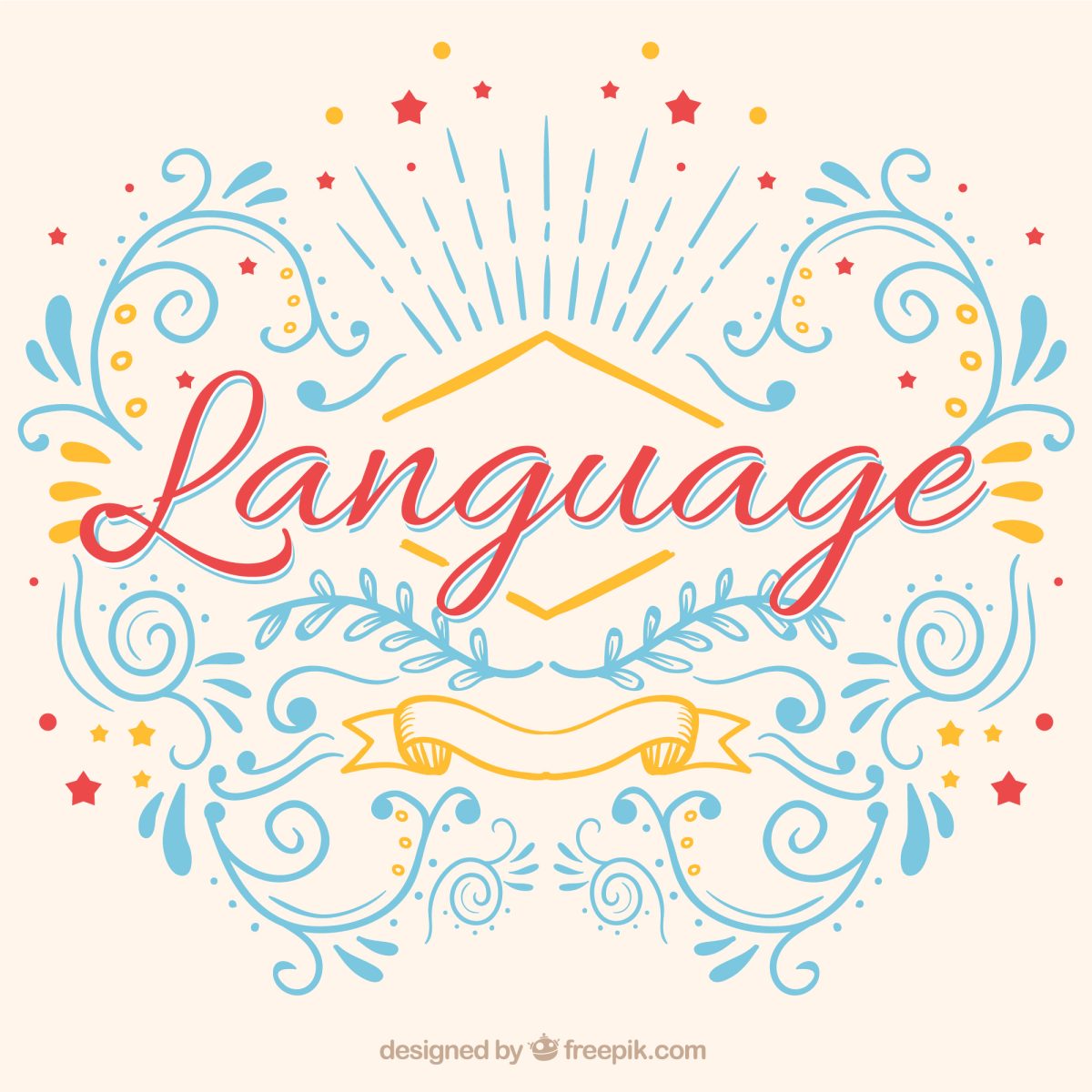Over the course of time, the English language has been changing, especially American English. As centuries passed and humans have evolved so has their language. Media has heavily influenced a change in language as well.
Generational slang is a major example. Let’s head back to the 1980s. The words and phrases, “chill pill”, “Gnarly”, “Grody”, “Gag me with a spoon”, and “Radical”, were all used to communicate feelings and or conversation in a more easy and entertaining way.
When the decade of the 90s was on the rise, slang began to change once again, with words and phrases, “As if”, “Da bomb”, “Fly”, and “Booyah.”
Following today, the slang now consists of, “Bet”, “Ghosted”, “Goat”, “IRL”, “Lowkey”, and much more.
As society was evolving and adapting to environmental, political, and standardized change, the language and words that people spoke followed as well. Slang is just a small example of a much broader concept of language change. The evolution of language and the cycle of language adapting to a newer society has now tended to be controversial to some.
Pronouns. There are 12 pronouns, “I,” “you,” “he,” “she,” “it,” “we,” “they,” “them,” “us,” “him,” “her,” “his,” “hers,” “its,” “theirs,” “our,” “your.” Now there has been much controversy surrounding the pronoun “they” and people who identify with said pronoun.
Nonbinary is a word that people use if their gender identity and or expression are described as falling outside the binary gender categories of “man” or “woman.” They are a part of the LGBTQ+ community and prefer and use the pronoun “they” to identify themselves and express who they are.
This term and use of gender expression have outraged many people and have sparked so much not only in people who identify as nonbinary but the LGBTQ+ community as a whole.
Bigotry is caused by a lack of awareness and education. So let’s talk about it.
First, let me take you back into history. Before America declared its independence from England, the United States was just another British colony. The English language was introduced to America, however, English spelling was not standardized yet.
In 1806, Noah Webster published his first American dictionary and was alleged to have changed the spelling of many words.
He changed the British word: colour to color, flavour to flavor, labour to labor, neighbour to neighbor.
American society at that time adapted to those changes and has led us to the spelling of those words that we know and love.
Now, Webster changed those words to go away from British English and establish America as a new, free, and independent country. It was still a language shift nonetheless that impacted the culture to come.
The use and meaning of words, phrases, and pronouns have continuously changed over time. Way back in the 1700s, “thou” was a common word used, especially in literature. “Thou” was a singular second-person pronoun that later changed to the pronoun “you”.
Shakespeare is a prime example of language changing. He would not only use but create words, dialogue, and pronouns to fit his stories, plays, and sonnets, but they benefited the English language heavily at the time as well.
Society has transformed so we do not talk or really use much of old English but we have heavily benefited from it to thrive in the language we now use. All the languages before us have been stepping stones in order for society to grow and adapt to a language that better fits the time.
From the dawn of time to now, we have grown as human beings and our language has not only transformed but adapted to what we make it. We have the incredible opportunity to change and enhance our language, in order to modify it.
People should not be afraid of or hate the change of a pronoun. I understand there is much more to this “issue” and people may disagree. However, I aid you to educate and further understand that language is changing, and we have to embrace it.

